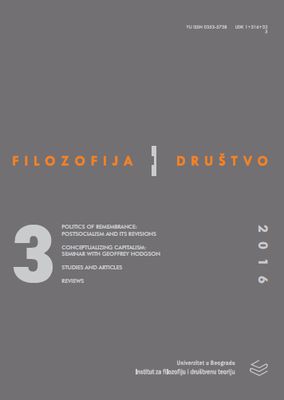
Sven Nyholm, Revisiting Kant’s Universal Law and Humanity Formulas
Sven Nyholm, Revisiting Kant’s Universal Law and Humanity Formulas, De Gruyter, Berlin/Boston, 2015
More...We kindly inform you that, as long as the subject affiliation of our 300.000+ articles is in progress, you might get unsufficient or no results on your third level or second level search. In this case, please broaden your search criteria.

Sven Nyholm, Revisiting Kant’s Universal Law and Humanity Formulas, De Gruyter, Berlin/Boston, 2015
More...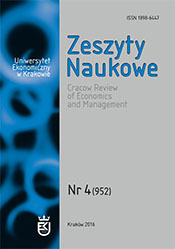
The works of Fyodor Dostoyevsky played an important role in shaping the 20th century philosophy of dialogue. His view on the novel’s protagonist is always the result of confronting his own consciousness with the consciousness of others, which is facilitated by shifting from auctorial to personal narration: the characters, describing their experiences and outlook, conduct an internal dialogue which helps them to find or make sense of their own existence.The truth about me or about another person is revealed in encounters with other people but it cannot be described with precision because the spontaneity, authenticity, and multi-dimensionality of the person would otherwise be lost. In order to give another person the credit of trust, we must open to them even if, instead of reciprocity, we encounter indifference or hatred.This article analyses such encounters of the protagonists of Crime and Punishment, The Idiot, and The Brothers Karamazov; encounters which are replete with honesty as well as the desire to utter “a new word” (this could be a thought, an idea, an invention, a social change, a revolutionary change). In them, Dostoyevsky presents the essence of what can happen between people when they let themselves be overwhelmed by exceptional and powerful experiences and take off the masks and veils readily used every day.
More...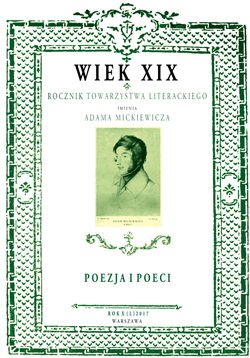
The article presents Epicurus’ view on poetry and on traditional model of Greek upbringing and education. Te analysis of the philosopher’s words concerning the paideia and the nature of poetry, transmitted by the ancient authors, shows that the Epicurean understanding of poetry as a pure pleasure, which is not necessary to achieve happiness, results in the juxtaposition of poetry with philosophy and moving the former into the outskirts of the civilization. The difficulties concerning the interpretation of the Epicureans’ thought about art and their attitude towards the its role in the human life have been presented and the evolution of the Epicurean views has been outlined. It is explained how Epicurus’ denial of any value of poetry was modified by Philodemus to the endorsement of its aesthetic qualities and later converted by Lucretius into attempts to express philosophical thoughts in the form of a poem.
More...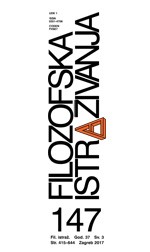
Philosophers of the Enlightenment focused their efforts into promoting tolerance, constraining fanaticism, introducing laws or improving life conditions. Philosophers and their students had a role to play in the practical application of the policy of enlightened absolutism, but it was neither unimportant nor without consequences. They wrongly believed that rulers could be changed because there is an obvious similarity between many of the reforms and principles that they advocated. As the follower of the Enlightenment, being a social or an intellectual phenomenon, Martinovics insisted that the Enlightenment was primarily a philosophical phenomenon, basing his philosophical contemplation on Holbach’s and Spinoza’s thought. He sees himself as a part of the circle of philosophers who were chiefly responsible for propagating concepts of toleration, individual freedom, equality, security, liberty of expression and the press, and federalisation. These ideas were identified as the primary reason for the overthrow of authority, tradition, monarchy, faith, and privilege. Martinovics stayed faithful to these ideas, and at the time of the waning of enlightened absolutism, from adviser became a convict.
More...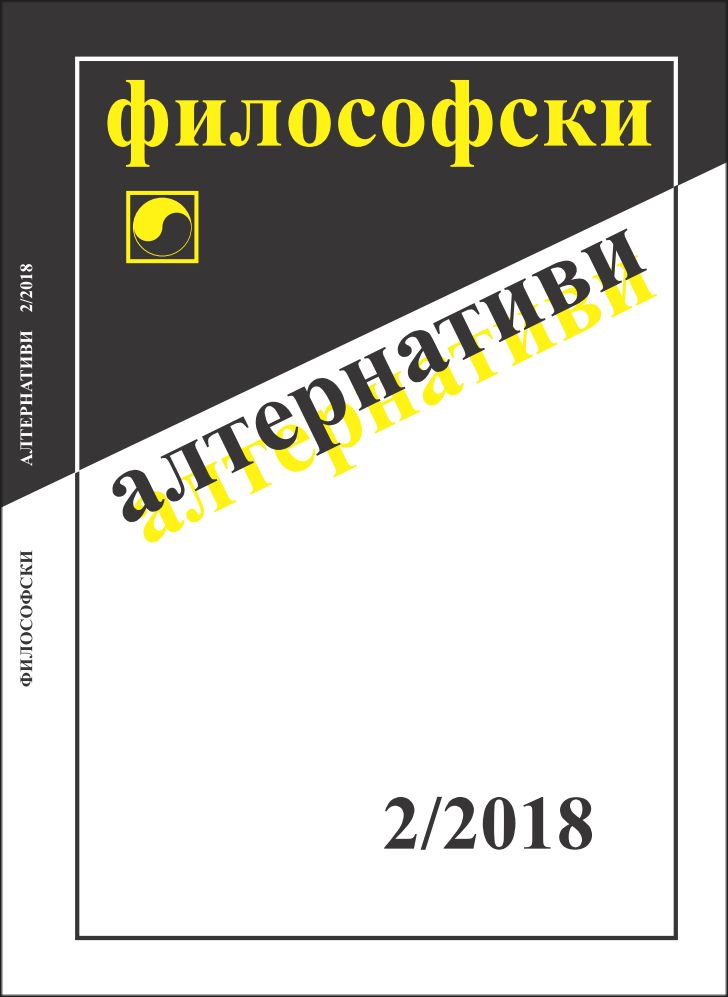
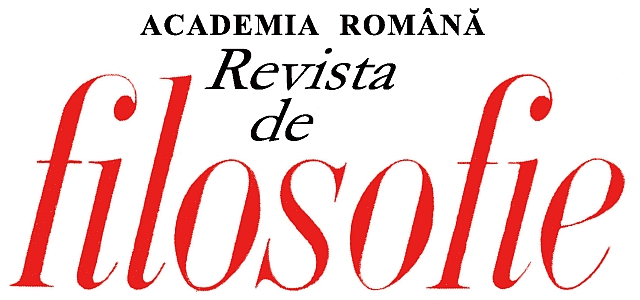
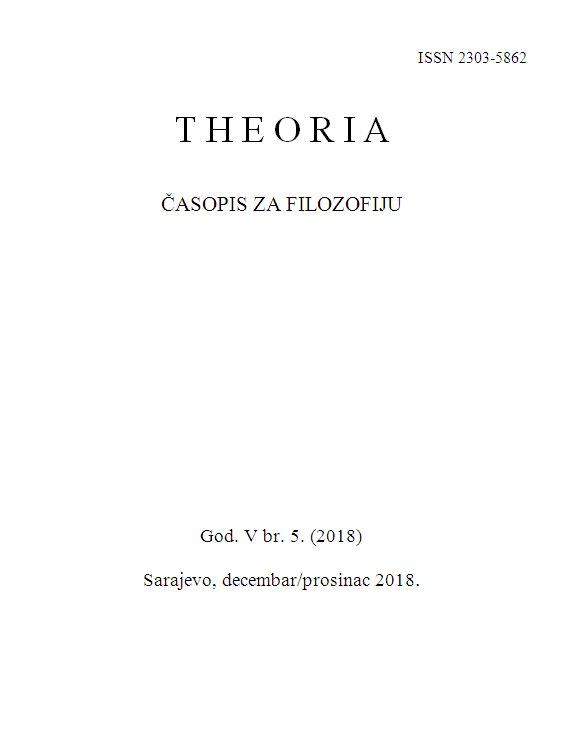
This paper gives an explanation of the relation between will, which is the metaphysical essence of all that exists and the notion of happiness, which Schopenhauer considers to be only an illusion, or a misconception and mischief of will, which deceiving the individual, in order to achieve his own goals that are completely indifferent to any individual person. For Schopenhauer will is not individual but general, the individual is only manifestation of one general will for life, which manifests in all representations. Kant is a turning point for Schopenhauer, because he realized that space and time are subjective, as well as the difference between the phenomenon and things-by-themselves, and thus opened the way to Schopenhauer’s philosophy of the world as a 106 representation that is analogous to the phenomenon, but also the will that as a thing of itself is a metaphysical basis for all possible representations. Given that is not possible to find happiness, Schopenhauer’s philosophy reflects absolute pessimism, for which he gives very strong arguments. Whole life is only an aspiration of will, and given that will does not have the ultimate goal, life is infinite aspiration, and that is why human life is, what Schopenhauer says, as a pendulum between pain and boredom. Happiness is just opposite term of unhappiness which truly exists. When the will comes to a certain goal, there is a boredom, which is an intolerable condition for Schopenhauer. To get rid of boredom, the will draws a new chimeric goal to the individual, promising him that he will reach happiness. The individual is unaware that this is a new misconception and achieving that desire can not absolutely bring happiness to the individual, it comes back to boredom and so infinitely in the vicious circle between pain and boredom.
More...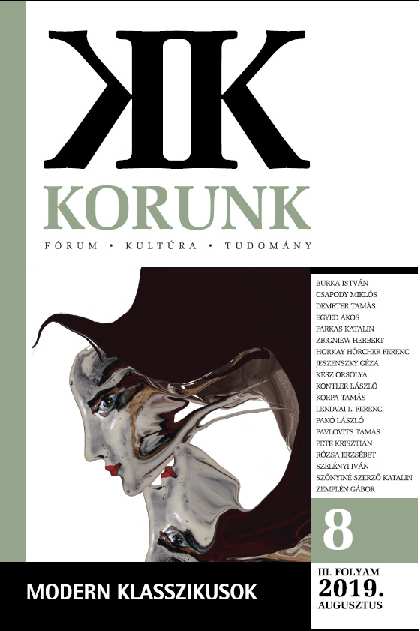
This paper gives an overview of Marx’s intellectual development from his Critique of Hegel’s Philosophy of Right to his opus magnum, The Capital. This is a fascinating scholarly journey starting from a bourgeois liberal position, joining the young Hegelians “critical criticism” and eventually rejecting both Hegel and the young Hegelians and culminating in his effort to offer a scientific “proof” that capitalism is destined to fall and the proletariat will be “compelled” to carry out the anti-capitalist revolution and implement the “universal human emancipation”. Already in 1844 (The Paris Manuscripts) Marx made a fascinating attempt to turn Hegel’s theory of alienation from an “idealist” one into a “naturalist” one (later called “materialist”), but his fully developed "historical materialism" takes only shape in the work co-authored with Engels, The German Ideology (1846). Some ten years later, in an astonishing unpublished manuscript (Grundrisse, 1857-58), Marx offers his most sophisticated theory of the historical evolution of societies. Finally, ten more years later, in Volume I of The Capital he is ready to offer a scientific analysis of the capitalist system. Much to his own disappointment, it explains more convincingly why capitalism keeps reproducing itself rather than why it will inevitably fall. While it did not achieve the political goals of Marx and Marxists, it is an impressive demonstration of the dedicated scholarship of Karl Marx.
More...
Innerhalb dieses Artikels beschäftige ich mich mit der Frage, ob Nietzsche auch noch Einfluß auf die Denker der Gegenwart und der Zukunft, also der Zeit nach der Postmoderne, der sogenannten Post-Postmoderne, haben kann. Um diese Frage zu klären, gehe ich wie folgt vor. Da die Begriffe „Moderne“ und „Postmoderne“ eng mit dem Ausdruck „Post-Postmoderne“ verbunden sind, setzt eine Beschreibung der „Post-Postmoderne“ eine Behandlung der anderen beiden Zeitepochen voraus. Erst nachdem ich auf diese Weise den Begriff der „Post-Postmoderne“ geklärt habe, kann ich auf den möglichen Einfluß von Nietzsche auf diese Zeitepoche eingehen. Ich teile den Artikel daher in fünf Abschnitte ein, welche die Überschriften tragen: „Einleitung“, „Die Moderne“, „Die Postmoderne“, Die Post-Postmoderne“ und „Nietzsche“. In der Einleitung stelle ich kurz Marquards Theorie der Moderne und der möglichen darauffolgenden Zeitepochen dar. Aufgrund der Mängel seiner Auffassung, welche ich aufzeige, wird in den darauffolgenden Kapiteln eine angemessenere Beschreibung der verschiedenen Zeitepochen gegeben. Zunächst gehe ich auf die Moderne ein, die durch den Subjektivismus, die wahrheitsbringende Vernunft und die daraus resultierende Kritik geprägt ist. Im Anschluß zeige ich, daß die Postmoderne über die Moderne hinausgeht, weil die Vernunft sich selbst untergräbt und somit jeder Wahrheitsanspruch fragwürdig wird. Aus der Unfähigkeit ohne Wahrheit zu leben, wendet man sich schließlich von der Postmoderne ab und geht auch über diese hinaus. Auf diese Weise kann endlich die Epoche der Postostmoderne genauer charakterisiert werden. Im letzten Abschnitt, welcher die Überschrift „Nietzsche“ trägt, gehe ich schließlich auf den möglichen Einfluß von Nietzsche auf die Post-Postmoderne ein.
More...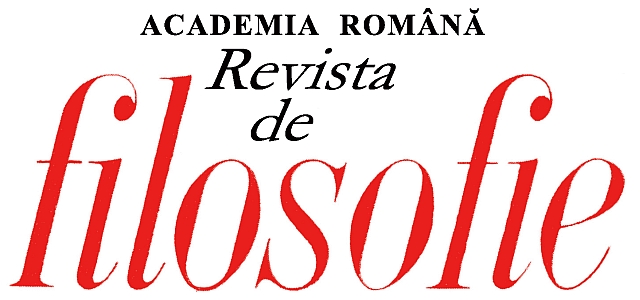
Thestudy’s author supports the idea – also promoted by Mircea Vulcănescu – that almostall the philosophy professors of Sf. Sava, who created the starting nucleus for educationand philosophy in the Romanian language (the founder, Gheorghe Lazăr, and hisfollowers, Eufrosin Poteca, August Treboniu Laurian, Ion Zalomit) manifested interestand admiration for Kant’s practical philosophy – mainly for ethics, as they found in itmany useful theses for achieving the political, national, cultural and social emancipationideals. Most of them joined these Kantian ethics, because apparently they disliked thespeculative side of the criticist philosophy, as it was very much commented upon,though contested, while they preferred its moral side for the certainty offered, thusconsidered more appropriate in view of educating the studious youth in the Principalities.
More...
This paper aims to examine some features of Nietzsche’s philosophy of the subject, by providing a hermeneutical reconstruction of the critique and formation of the self. My reconstructionwill put a particular focus on the Nietzschean account of the human drives. The modelto guide this investigation is the metaphor of the self as a “puzzle without solution”.According to this image, the self is something like a peculiar game of puzzle, whosepieces were not designed to fit together into a certain image. The pieces of the game arean individual’s drives or instincts, which have to be unified into a coherent whole. Sucha process is the transition from the “subject as multiplicity” to the “free spirit”.
More...
This essayprovides the reader with a free and challenging interpretation of the Book of Jonah. Itaims to draw a parallel between two prophets of history: Jonah, the son of Amittai, andKarl Marx. It aims to show that both prophets expose a certain degree of vanity.Moreover, following the Marxian definition of ideology, Jonah seems to fulfill animportant condition of any ideology: he refuses to question his acts and behavior on theground that he is right in behaving the way he does. However, there are importantdifferences and similarities between these two cases which the essay aims to point out.Although the Book of Jonah has an open end (which invites the reader to go further ininterpretating the text), it might be properly understood as a treatise of anti-prophecymostly in an ironic key (for instance, the prophet Jonah is thought by those who shouldreceive his prophecy).
More...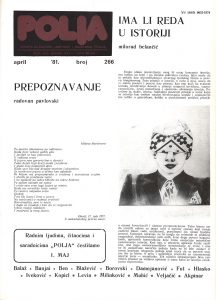
Ono što Niče ovde izražava, smisao njegovih zastrašujuće čudnovatih misli, jeste nešto što je on duboko osećao i što odgovara datim činjenicama slučaja. Jer, u svom usamljenom, krajnje smelom duhovnom putovanju, on je došao do jednog pogleda na život koji nije nimalo ličio ni na jedan pogled njegovih savremeniika, koji ga je naveo da dovede u pitanje vekovima stare načine mišljenja i ponašanja.
More...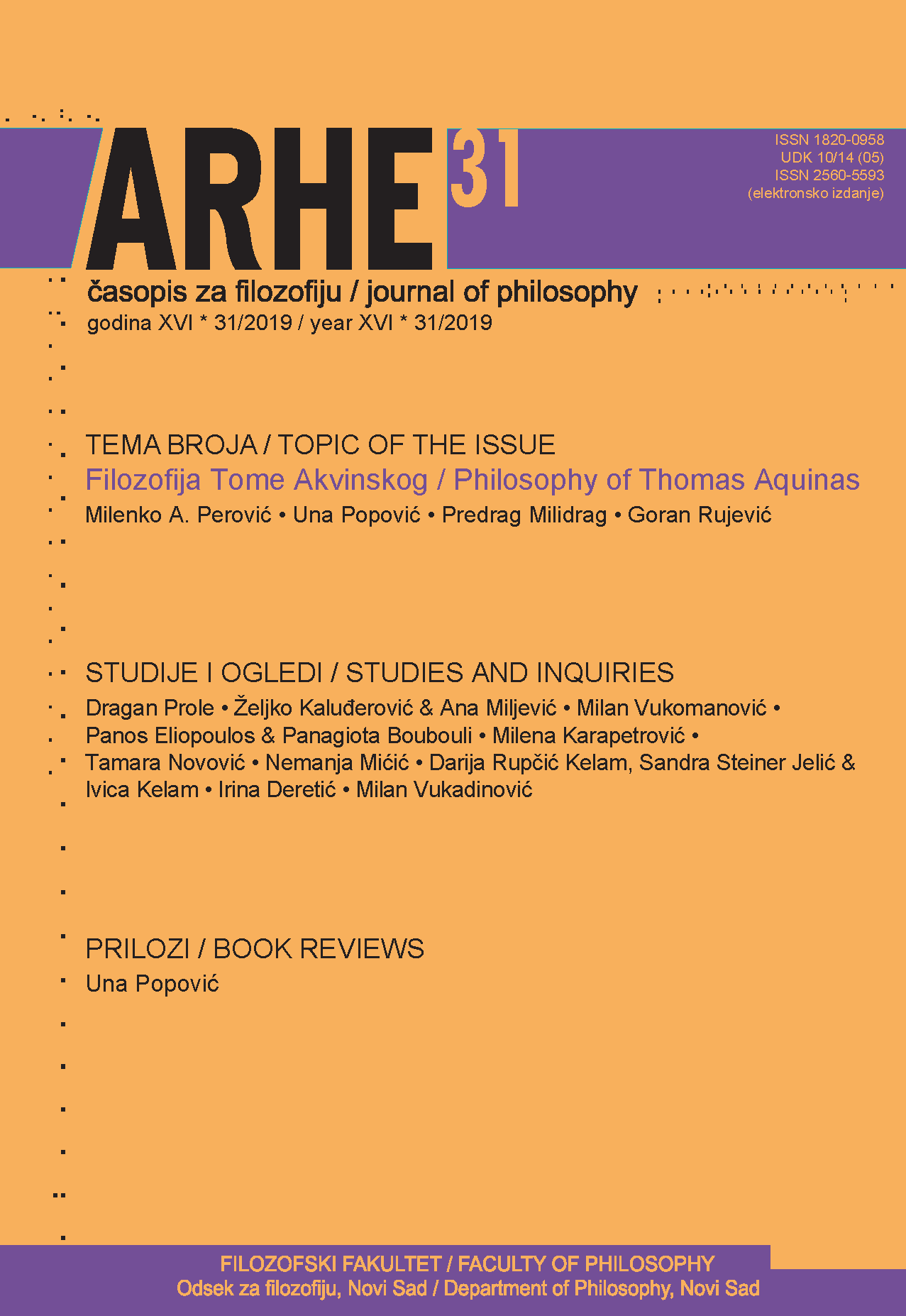
Nietzsche’s book Fröhliche Wissenschaft (1882) was translated into Serbian language in 1984. by Milan Tabaković as Cheerful Science. Perhaps surprisingly, that solution has been widely accepted for decades, hardly any counter argument or different translation subsequent. Instead proposed adjective cheerful, it seems far more adequate and precise to say that for Nietzsche some sort of „science“ is joyful. This article deals with conceptual distinction between cheerfulness and joyfulness, as well as with some conceptual designs we came across in Winkelman’s aesthetics and in Schiller’s poetry. The author is eager to provide the interpretation of the provancal troubadours expression gay saber. Finally, we will try to uncover the possibilities of Nietzsche’s philosophy to assimilate the spirit of troubadours poetry.
More...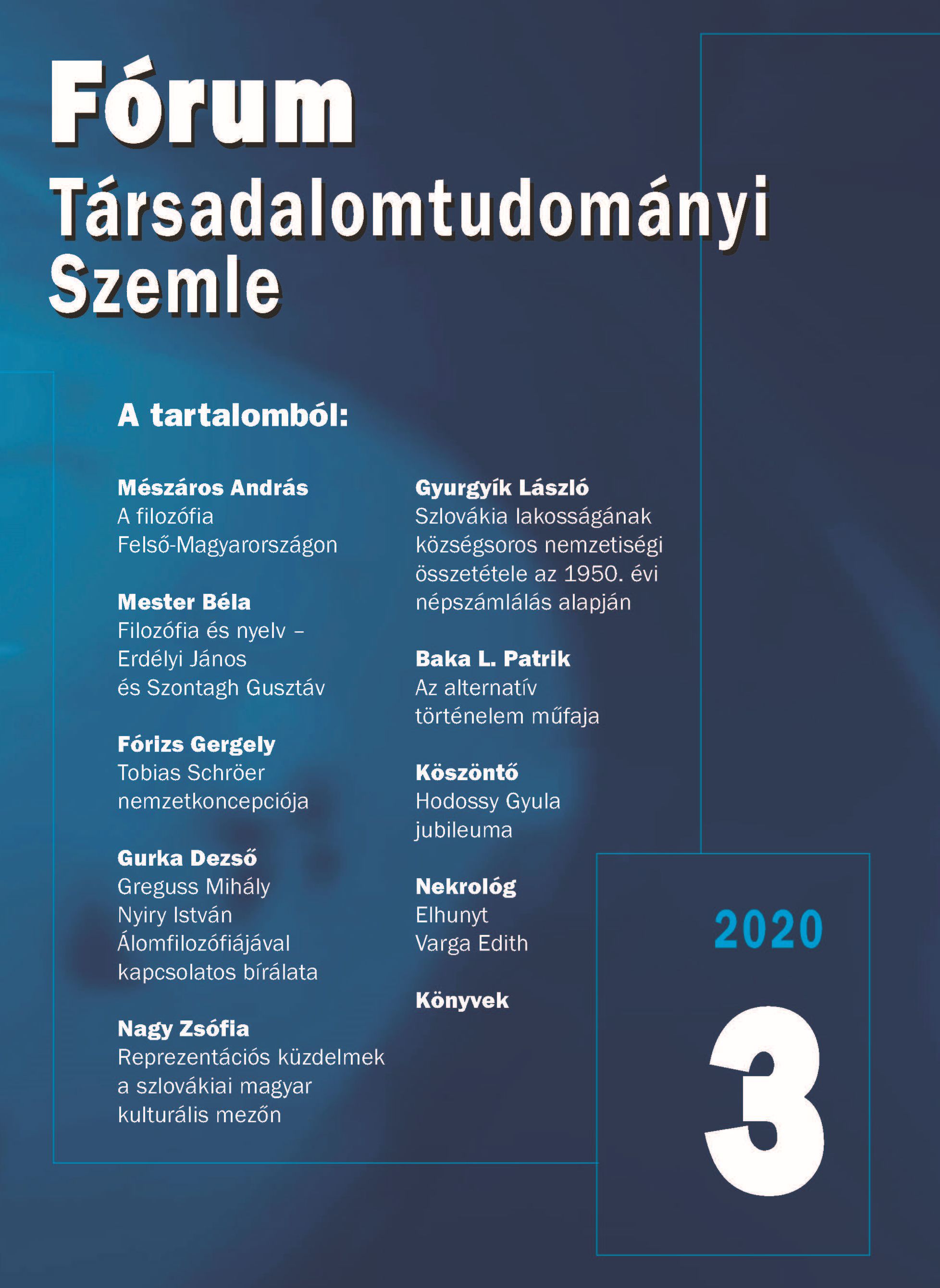
The study examines the question of how personal linguistic experiences influenced the language perception of 19th century Hungarian philosophers, their ideas about the nature and limits of linguistic cognition. The issue is exemplified by the language ideologies of two reform-era Hungarian philosophers from the north-eastern counties of Hungary, Gömör and Ung, János Erdélyi and Gusztáv Szontagh. The first part of the study presents the structural change of the European philosophical public that makes people of the time sensitive to the phenomena of language use, then the next part compares the statements of the two philosophers on Hungarian philosophical terminology, presenting their underlying conflicting philosophical presuppositions. Finally, the author compares their reflections on the Slovak language, which is equally well spoken by the two Hungarian philosophers, looking for an answer to the question of how the opposite philosophical position and the resulting different approach to languages can lead to an almost identical perception of the Slovak language by both authors.
More...
Philosophical dream interpretations form a separate group of Hungarian oneirological literature at the beginning of the 19th century. István Nyiry's study entitled The Philosophy of Dreams (1836) also shows the influence of the most important representatives of the romantic natural philosophy, such as Schelling, Oken and Ørsted, but the author came up with the need for independent systematization. In this endeavour, Lajos Schedius's work aimed at establishing a “universal human science” entitled Principia philocaliae seu doctrina pulcri (1828) was a model for which Nyiry reflected as early as two years after its publication. Mihály Greguss's critique remaining in manuscript—Notes on Dream Philosophy (1837)—criticized the cognitive foundations of Nyiry's work partly from the aspect of the Kant tradition in Eperjes (Prešov) and partly from the aspect of Locke's empiricism. Greguss's manuscript, for being unreleased, could not become an inducer of a philosophical discourse in which the Kantian problem of foundation and empiricism could have emerged as counterparts of natural philosophical and anthropological approaches, so the natural philosophical approach had remained characteristic for the Hungarian philosophical-aesthetic dream interpretations.
More...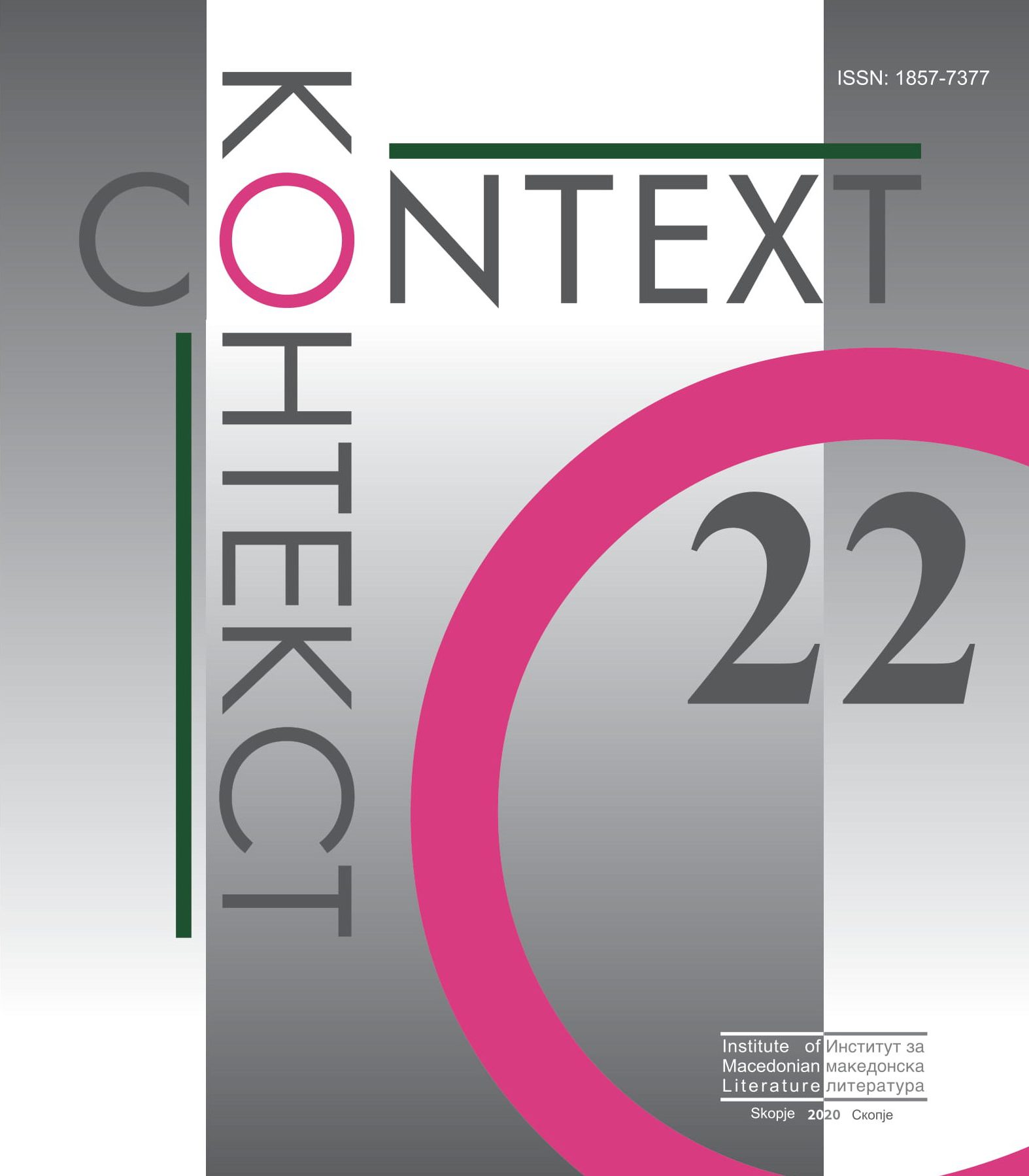
This paper briefly discusses Aristotle in the context of the 2400 years since his birth, which in 2016 was celebrated with symposia and new books about Aristotle around the world. Then the significance of the Aristotle’s "Poetics" for aesthetics and literary theory is pointed out. In the second more extensive part of the paper the idea of tragic and tragedy in Aristotle is discussed, with special reference to the interpretation of Aristotle's catharsis first published in 1948 by Michael D. Petrushevski. The reception of this interpretation during the lifetime of Petrushevski, in our country and in the world, is also pointed out, and some new currents from the end of the last and the beginning of this century in the domain of the interpretation of catharsis are actualized.
More...
Review of: Janko Mrevlje Lozar, Nietzsche kroz nihilizam, Naklada Breza, Znanstvena založba Filozofske fakultete, Zagreb, Ljubljana 2017., preveo Mario Kopić
More...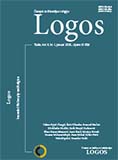
Nietzsche’s stance that it is to be written only of that which has been successfully handled may prove thematically ambiguous in a number of ways. Given that relevant interpreters of Nietzsche may consider this title as nothing but a forgery, a genuine approach to the thematic development of such a title has to establish a possible subtitle: what could religious life without religion even mean? Indeed, does this title contain anything but an unsuccessful provocation?! Is it too little to say that religious life as discussed here, understood through the key of Nietzsche’s philosophy, has nothing to do with the life of religiosity?! Nietzsche presents this “cheapest and most innocent mode of life” as bodying forth of the great mind in the pervasive intoxication. His language becomes a dance with things, while wisdom in such a dance appears as belonging to that which is infinite. This examination will, in comparison with the contemporary, attempt to shed light on such a thought landscape.
More...